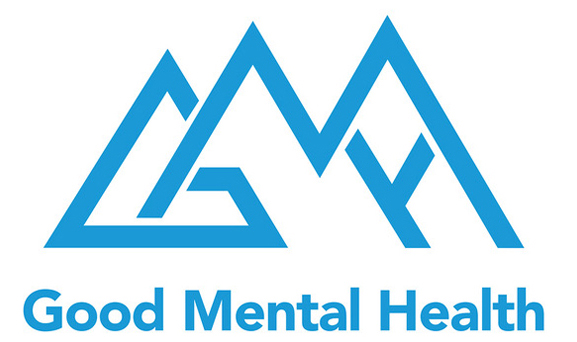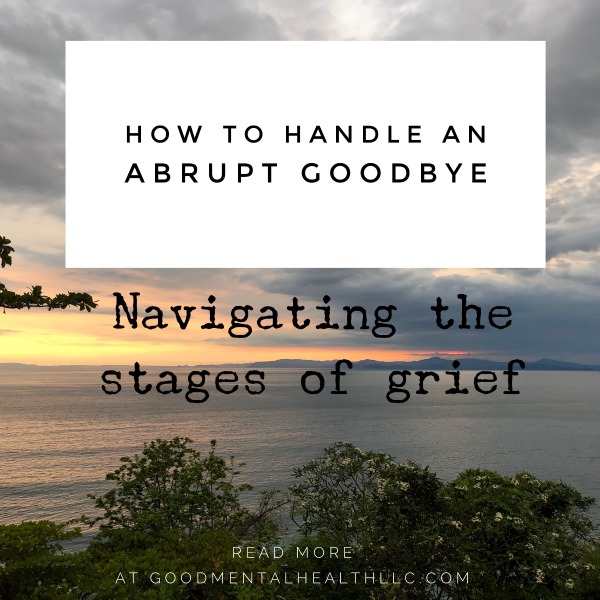The Grief Process
When we think of the process of letting go, we tend to imagine a slow goodbye. A relationship that wanes before it ends, a long illness resulting in someone’s passing, a lifelong career transitioning into retirement. Grief is anticipated in this process of letting go.
In all these scenarios, we have the luxury of time. Time to prepare, time to anticipate, time to say the things we need to say, and time to tie our loose ends neatly into a bow.
The grief process is so universal that, although not everyone goes through it in exactly the same way, the 5 stages of grief have been able to be studied and named: 1. denial and isolation, 2. anger, 3. bargaining, 4. depression, 5. acceptance.
But what sense can we make of a tragic loss? The death of someone young or otherwise healthy? An unforeseen firing or layoff? An unanticipated breakup or divorce? How do we cope with, and make sense of, such abrupt transitions?
Rebuilding a shattered life
In her book, The Phoenix Phenomenon: Rising from the Ashes of Grief, Joanne Jozefowski summarizes the five stage process we go through to rebuild a shattered life: impact, chaos, adapting, equilibrium, and transformation. It is these 5 stages that a majority of us may be experiencing at any given time for a myriad of reasons related to loss.
Impact describes the gut punch we experience when initially learning the news of the loss. It feels as though the air has been knocked out of our lungs, leaving us gasping and on our knees. A feeling of disbelief and numbness pervades our experience. We may feel as though we are on auto-pilot, physically going through the motions but lacking mental or emotional engagement.
Chaos follows, in which everything that was stable, predictable, and normal falls apart around us. Our routines are no longer routine as the daily habits that brought us comfort and security no longer fit our circumstances. The loss leaves a void in our lives, causing us to feel unanchored and like we’re spinning out of control.
Adapting refers to the changes we must go through in order to manage our daily life, in spite of the loss. Adapting may happen at lightning speed, or more slowly over time. Adaptability has been said to be one of the best indications of emotional wellness because the only constant in life is change. Flexibility allows us to adapt more easily to changing environments and circumstances.
Equilibrium develops next. This is the process of finding a new normal. Despite our sadness and navigating the grief process, our days become familiar again with the predictability of a new routine. Although grief may still consume us at times, we become better equipped to accept and cope with our new normal.
Finally, the transformation of who we were before the loss is replaced by who we have become after the loss. The wife of thirty years who never paid the household bills becomes her own bookkeeper. The brother who lost his best friend becomes a friend to someone who also lost their brother. Resiliency describes the ability of the human spirit to bounce back instead of breaking. Transformation is the journey we take from who we once were to who we must become in order to survive.
Coping with Grief and Loss
The recent suicides of designer Kate Spade and celebrity chef Anthony Bourdain are only two examples of how unexpected and abrupt loss effects each and every one of us. Two seemingly healthy, successful people- within days of each other- took their own lives, leaving behind all of us who knew, loved, admired, and were inspired by them. No matter how near or far, how quickly or slowly, we each will traverse the phenomenon of the phoenix. The human experience affords us no other choice.
If you are in the process of grieving a loss, you don’t have to go it alone. Reach out to a trusted friend, family member, grief counselor, or other mental health professional. Counseling services are now widely available 24 hours per day, 7 days per week (resources can be found here) through hotlines which will match you with an available counselor and through telemedicine platforms (like ours) through which you can meet with your own personal counselor from the comfort and convenience of your computer or mobile device. Reaching out allows our transformation to begin.
Please note: this post may contain affiliate links
Sources: Elisabeth Kubler-Ross, M.D., On Death and Dying, The Phoenix Phenomenon: Rising from the Ashes of Grief, Joanne Jozefowski, Adaptability, M.J. Ryan
Good Mental Health, LLC is a counseling practice located in St. Johns, Florida, offering individual and family counseling to children, teens, and adults. With sessions available face-to-face and via Skype, we hope to provide the tools and skills necessary to heal past wounds, grow healthy relationships, and build strong families. For more information, read more about us, or contact us here.


 Hi, I'm Diana Brummer a psychotherapist, writer, and coach in St. Johns, Florida. I love helping people thrive in their relationships and their lives. My hope is that you find the information in these articles educational and useful. Thank you for stopping by!
Hi, I'm Diana Brummer a psychotherapist, writer, and coach in St. Johns, Florida. I love helping people thrive in their relationships and their lives. My hope is that you find the information in these articles educational and useful. Thank you for stopping by! 
